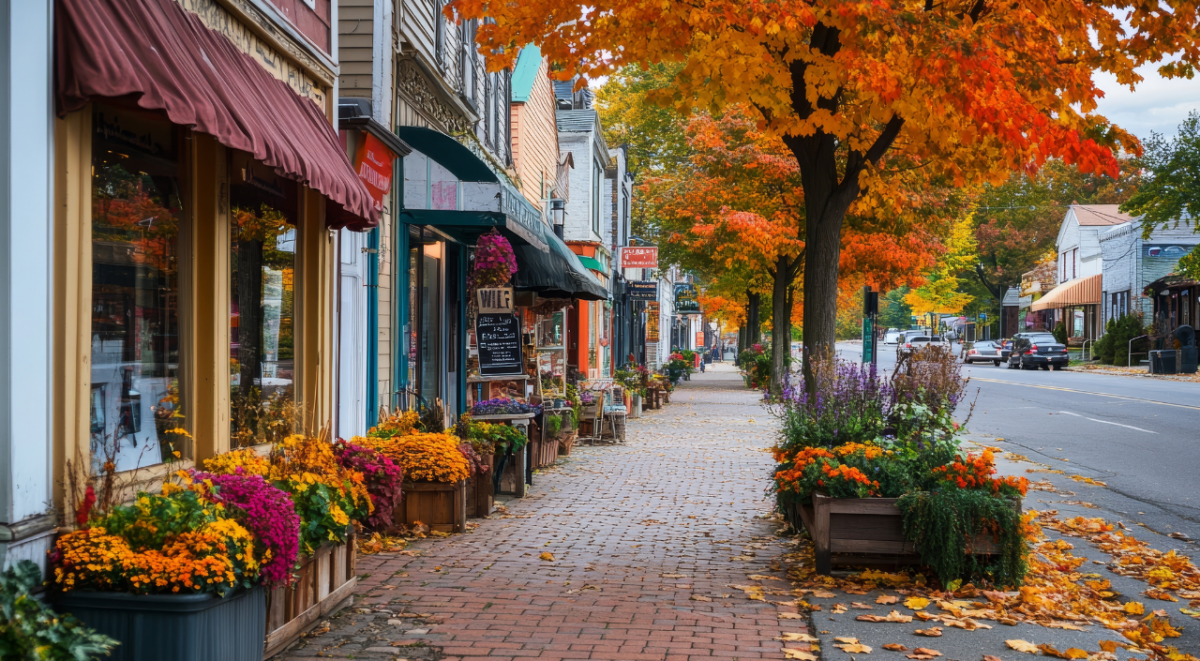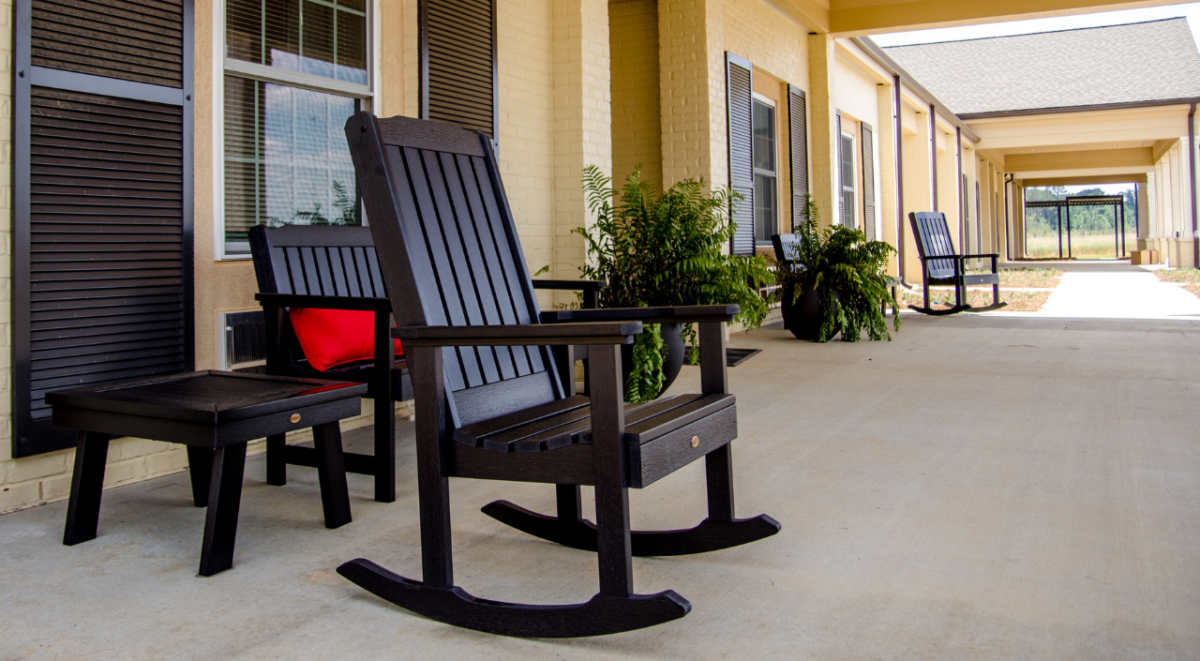Rural communities face unique challenges that more densely populated urban areas do not. These are related to demographic differences, health, infrastructure, capital access, land use, and workforce development issues, among others. According to the National Conference of State Legislatures (NCSL), compared to their metropolitan counterparts, rural communities “have less internet access, fewer educational institutions, see more hospitals close, and experience less economic growth.” The scarcity of commercial financing for businesses has long been one of the key underpinnings for the lack of economic development in these rural areas.
Fortunately, the U.S. Government recognized this issue and, in 1994, created the Rural Development (RD) program to help address it. Administered by the United States Department of Agriculture (USDA), this initiative promotes economic development in rural communities by supporting loans to rural businesses. By backing portions of commercial loans, the USDA encourages lenders to lend more in rural areas, which comprise 97% of the geographic territory in America according to the USDA’s generous standards. (Check your eligibility on our interactive map).
In 2020, the USDA introduced an incredible new option in the RD program, one that not only has the power to greatly benefit rural businesses but to truly transform entire communities. The USDA Community Facilities Loan Program offers an accessible, affordable commercial loan solution for financing the construction of facilities such as hospitals and healthcare facilities, fire stations, educational institutions, cultural centers, transportation projects, and much more. These are the kinds of projects that not only create jobs and jumpstart rural economies, but also improve health, safety, and educational outcomes in these areas, significantly improving quality of life and attracting additional development. Here’s what you need to know about the transformative power of USDA Community Facilities Loans for rural America.
About USDA Community Facilities Loans
Like other programs within the USDA Rural Development initiative, Community Facilities Loans provide numerous advantages including high loan amounts, attractive interest rates and repayment terms, and extremely reasonable credit and collateral requirements. They support lending to more than 100 kinds of essential community facilities in rural areas.
“Essential community facilities” are defined as public improvements operated on a nonprofit basis, needed for the orderly development of a rural community where the community is a city, town, county, or multi-county area. The funds can be used to build, expand, or improve essential community facilities, including infrastructure and/or the services to be provided to rural residents and businesses.
“Essential” Community Facilities Examples:
- Hospitals – privately held
- Healthcare facilities such as medical or dental clinics, nursing homes, assisted living facilities, labs, pharmacies, doctor offices, physical therapy centers, etc.
- Public safety services such as fire departments, police stations, and prisons
- Public safety equipment such as police vehicles, fire trucks, public works vehicles, and other equipment
- Public facilities such as town halls, courthouses, airport hangars, or street improvements
- Community support services such as child care centers, community centers, fairgrounds, and transitional housing
- Educational services such as private schools or libraries
- Community cultural facilities including community parks, museums, and activity centers
- Local food systems such as community gardens, food pantries, community kitchens, food banks, food hubs, or greenhouses
- Transportation facilities (streets, bridges, roads, ports, and airports)
- Utility projects
- Water infrastructure (levees, dams, reservoirs, inland waterways, canals, and irrigation systems)
USDA Community Facilities Loan Terms
USDA Community Facilities Loans can provide borrowers with loan amounts of up to $100 million, which includes both the guaranteed and unguaranteed portions of the loan, as well as the balance of any pre-existing Community Facilities guaranteed loans and the new loan request.
Community Facilities Loans, like other USDA RD programs, are collateral-backed loans. Borrowers need to have good credit and the ability to provide collateral on a 1:1 basis equal to the loan amount sought. The collateral must secure the guaranteed loan. Terms can extend out to 40 years. Lenders set the final terms based on funding use, the assets used as collateral, and the borrower’s ability to repay the loan.
Other Important Requirements for Community Facilities Loans
- Facilities must be for public use and serve the rural area where they are/will be located.
- Applicants must have the legal authority to construct, operate, and maintain the proposed facilities and services.
- Applicants must provide evidence of significant community support.
- Nonprofit organizations must have significant ties to the project service area.
- Applicants must be unable to finance the project from their own resources or through commercial credit at reasonable rates and terms.
- Tax-exempt financing cannot be guaranteed by the program.
As you can imagine, a commercial lending solution like the USDA’s Community Facilities Loan Program can really change the trajectory of a rural community. At North Avenue Capital, we’ve witnessed it first-hand. We specialize in USDA Rural Development Loans and are America’s rural lender. In Thomasville, Alabama, when elective surgeries were banned due to COVID-19 concerns, capital needs at the city’s weeks-old, $60 million, 29-bed outpatient hospital quickly compounded. We worked together with the USDA’s Alabama office and the mayor of Thomasville to devise a multi-pronged, eight-figure capital solution. For the rural town of Thomasville, this new medical campus not only improved healthcare outcomes but created good-paying jobs and generated much-needed economic development. To read more about it, download our NAC 2020 annual report.
If you need financing for your healthcare business or have questions about the USDA’s Community Facilities Loan Program for any potential type of community-focused infrastructure, then contact North Avenue Capital, today. We are USDA loan specialists and can help you determine your eligibility and apply for a Community Facilities Loan. We have offices in Northeast Florida, Arkansas, Georgia, Tennessee, and Texas, and partners for USDA loans in all 50 states.


